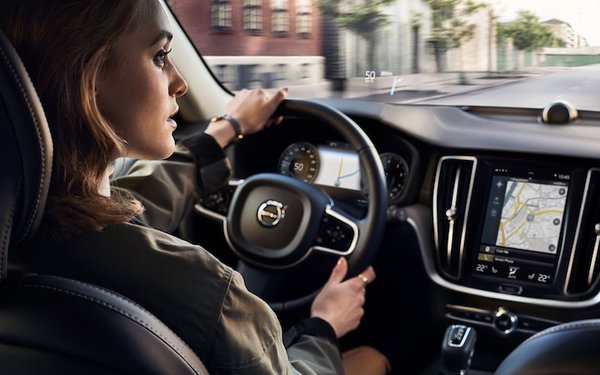According to a recent report, autonomous vehicles are growing in popularity with each passing day, and it’s only a matter of time before they take over the streets. With that in mind, both motorist’s and pedestrians‘ safety top the concerns list among stakeholders in the sector. Find the details about self-driving cars and accident liability.
Given that the technology is relatively new, it presents a lot of unprecedented situations like in the event of an accident involving a self-driving vehicle. Where do the Cars and Accident Liability fall? If you are involved in an accident with one of these cars, a Tampa car accident lawyer can answer all of these questions and help with your case.
Below, we’ll have a brief overview of the safety aspect of autonomous vehicles, as well as the legal liabilities in the event of an accident.
How Safe Are Self-Driving Cars?
Table of Contents
The majority of road crashes result from human error such as drunk driving and speeding, an aspect that self-driving cars remove from the equation. Proponents of autonomous driving cite this factor as an improvement in overall road safety brought about by this technology.
However, following recent accidents involving autonomous cars, the jury is still out on how safe self-driving cars are. Studies have shown that some of these accidents occurred from careless acts by either motorists or pedestrians, and not because of the vehicles’ technical malfunctions.
Autonomous technology is growing in strides, and significant improvements around road safety are expected. Soon, autonomous vehicles will be able to predict pedestrian behavior and act accordingly, which could go a long way in reducing the number of accidents associated with this auto-technology. It could take years, but given the pace of advancements in the field of artificial technology, it may be sooner than we think.
Who Can Be Held Liable in the Event of an Accident Involving an Autonomous Vehicle?
Under existing laws, the driver at fault is liable for injuries or damage to property arising from an accident. However, with autonomous vehicles, it’s a different game plan, and liability in the event of an accident must be determined under existing laws.
Liability may arise from any of these instances below:
Defective Design or Manufacturing
There are cases where vehicle manufacturing or design has serious flaws that may have contributed to the accident. In that case, the manufacturers can be held liable for any crash arising from the defectiveness.
Vehicle Malfunction
If vehicle malfunction is not related to a design flaw, say, failed brakes, or engine failure, the manufacturer may still be held responsible for the accident. As long as the vehicle was operating in the manufacturer’s desired conditions, they are liable in the event of an accident.
Human Error
Autonomous cars have varying degrees of automation, and some form of human control is present in some of these vehicles. If the driver was negligent or misused the technology and hence failed to prevent the crash, they may be held liable.
Poor Regulatory Oversight
Regulatory agencies may be liable for an accident to the extent of the regulations or oversight placed on public roads’ self-driving cars. Allowing experimental autonomous vehicles on roads places an element of care on their part, and if an accident involving a self-driving car occurs, they can be held liable.
Consult Your Attorney
Self-driving cars are here to stay. If you live in Florida, it is one of the 29 states that have recently enacted legislation that allows autonomous vehicles with no safety drivers on public roads. Soon, driverless cars will be commonplace, and collisions will be almost inevitable. You will get expert assistance around this evolving technology’s legal technicalities and ensure you receive fair compensation for your injuries or losses.

